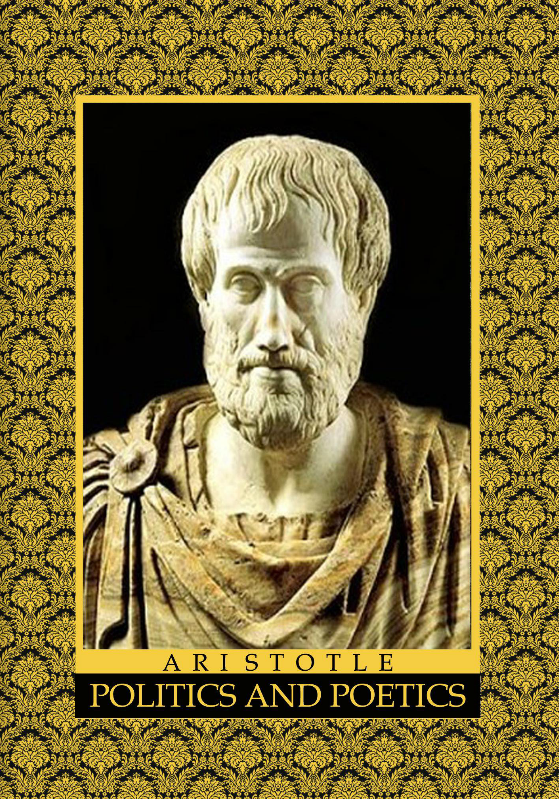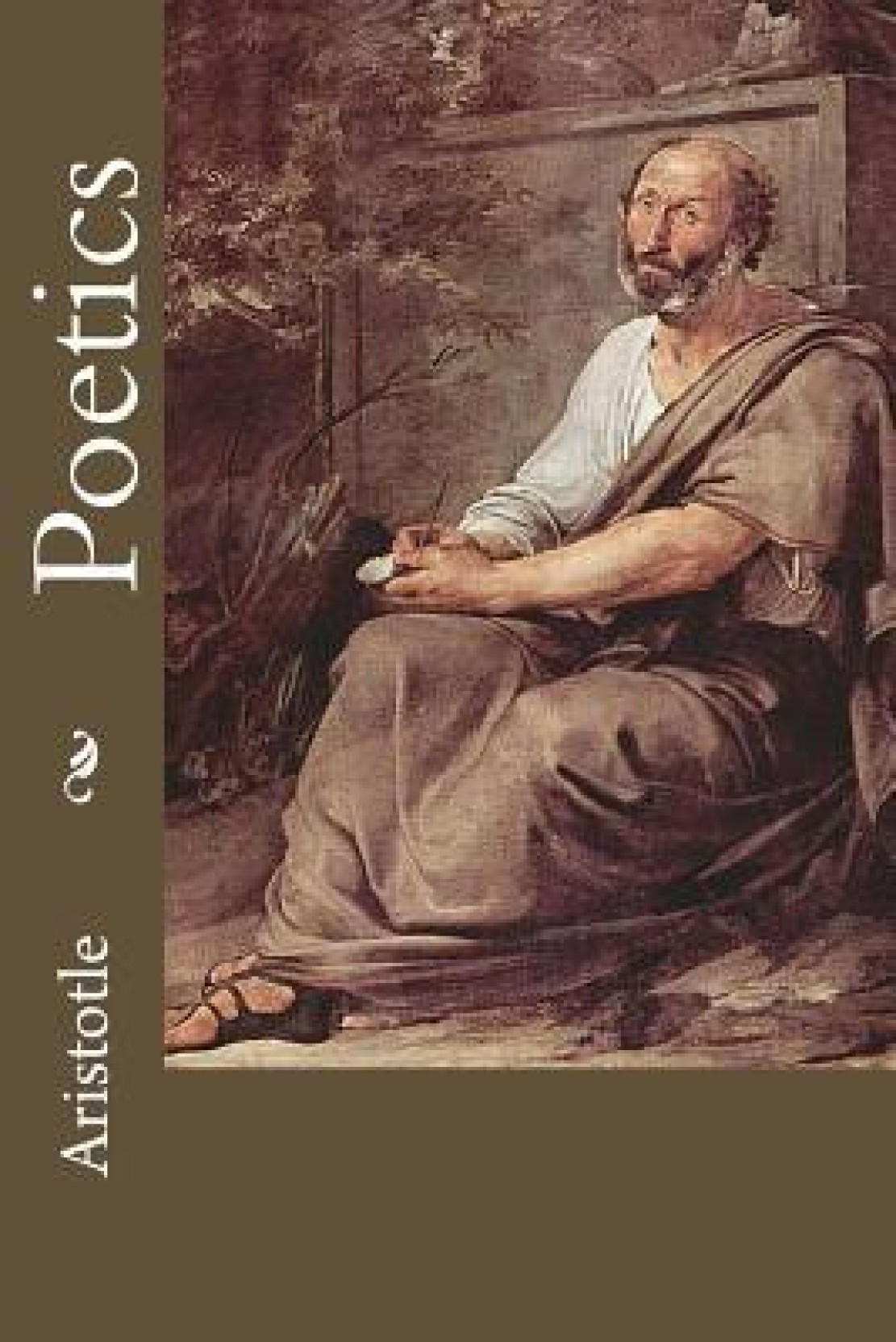
Aristotle’s criticisms of “spectacle” (opsis) in tragedy-a problem taken up most recently in Bouchard (2012), Hanink (2011), Konstan (2013), Sifakis (2013), and Wise (2008)-thus parallel his criticisms of slavishness in musical performance in Politics 8.

In response to this question, I argue that a central connection between these two works is their shared concern about the effects of performance-both in the case of drama and music-either for performers or their audience. Second are General Topics which offer detailed introductions to the main areas of Aristotle's philosophical activity.Hall (1996) raises the question of the relationship between Aristotle’s Politics and Poetics by claiming that Aristotle had separated drama from its civic origins various rejoinders to her challenge can be found in Heath (2009) and Jones (2012). First, the present, general entry offers a brief account of Aristotle's life and characterizes his central philosophical commitments, highlighting his most distinctive methods and most influential achievements. The set of entries on Aristotle in this site addresses this situation by proceeding in three tiers. The long history of interpretation and appropriation of Aristotelian texts and themes-spanning over two millennia and comprising philosophers working within a variety of religious and secular traditions-has rendered even basic points of interpretation controversial. In all these areas, Aristotle's theories have provided illumination, met with resistance, sparked debate, and generally stimulated the sustained interest of an abiding readership.īecause of its wide range and its remoteness in time, Aristotle's philosophy defies easy encapsulation. His extant writings span a wide range of disciplines, from logic, metaphysics and philosophy of mind, through ethics, political theory, aesthetics and rhetoric, and into such primarily non-philosophical fields as empirical biology, where he excelled at detailed plant and animal observation and taxonomy.

A prodigious researcher and writer, Aristotle left a great body of work, perhaps numbering as many as two-hundred treatises, from which approximately thirty-one survive.

Judged solely in terms of his philosophical influence, only Plato is his peer: Aristotle's works shaped centuries of philosophy from Late Antiquity through the Renaissance, and even today continue to be studied with keen, non-antiquarian interest. Aristotle (384–322 B.C.) numbers among the greatest philosophers of all time.


 0 kommentar(er)
0 kommentar(er)
